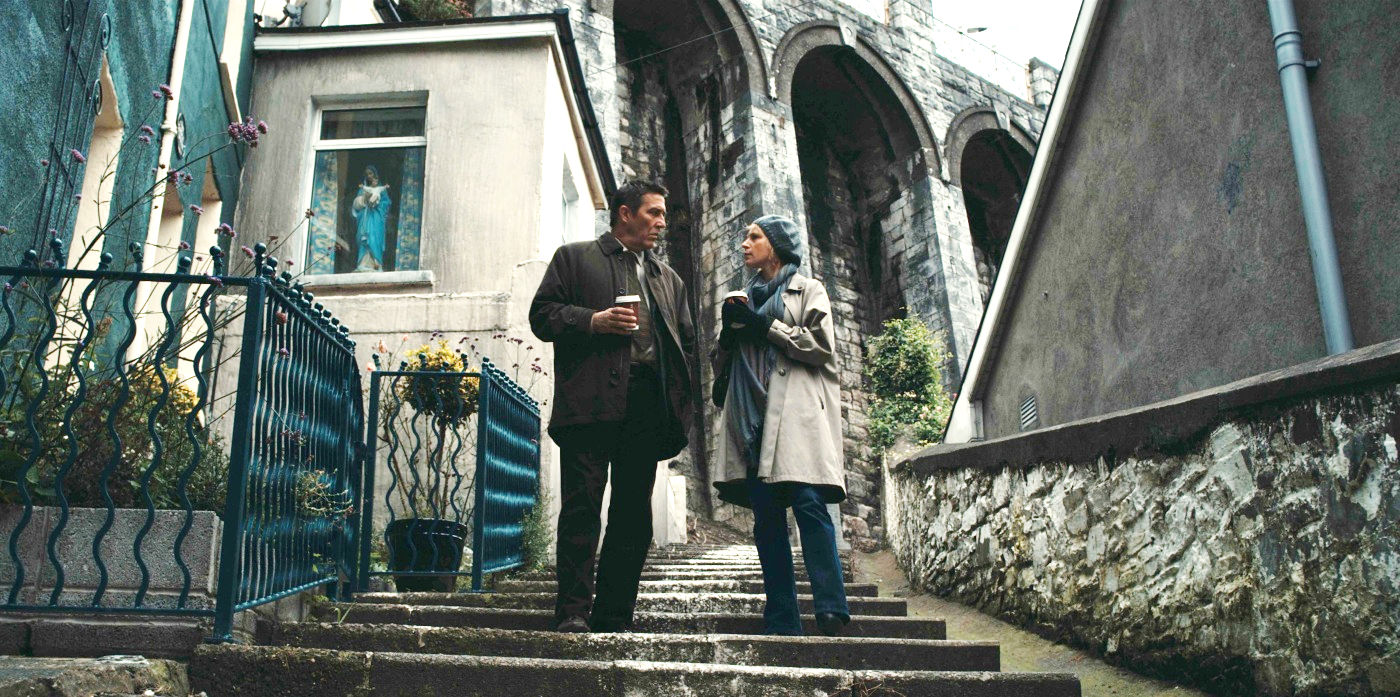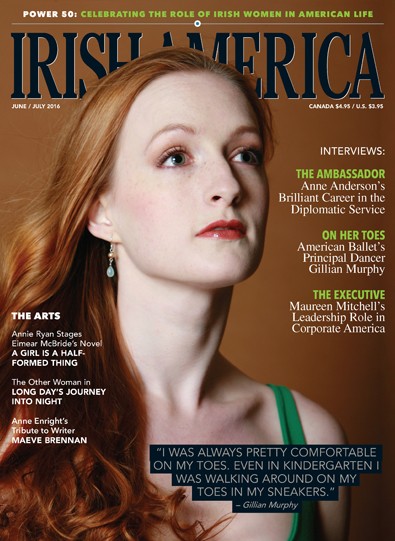
As she celebrates her 20th season with ABT, Gill makes the cover of Irish America, and is named one of their inaugural “Top 50 Power Women”. Brava!
Haunting the Web Since 1999

As she celebrates her 20th season with ABT, Gill makes the cover of Irish America, and is named one of their inaugural “Top 50 Power Women”. Brava!
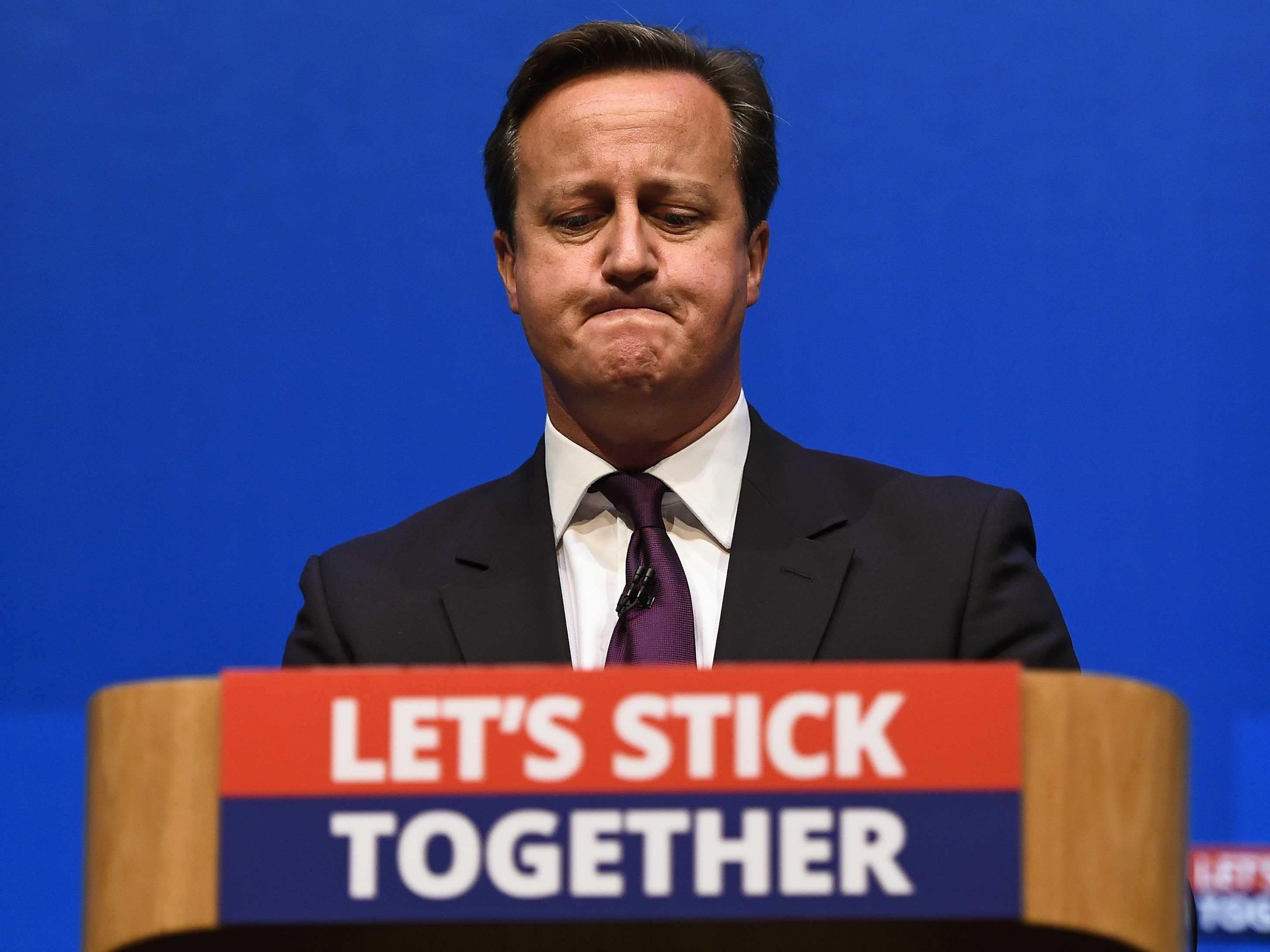
In the Prospect, David Dayen explains how deficit-witch-hunting and hubris paved the way for Brexit. particularly David Cameron and the Tories’ “general belief in expansionary austerity, that you could cut your way to prosperity. For those that don’t recall, this led to the brink of a triple-dip recession, and terrible growth numbers for years and years…What Leave offers, a toxic stew of isolation and racism, isn’t any good either. But when elites spend this long doing nothing for large swathes of the population, they’re willing to listen to anyone with a different idea.”
Since the UK’s faceplant last week, there’s been some talk (and. for some, wishful thinking) that Brexit is the prelude to Trump, fact-free appeals and all, and lord knows we spent far too much time of late playing the austerity game also. But I’ll stand by my “nope, not gonna happen” prediction here: The UK electorate is 90% white, America’s is one-third non-white — That’s a big difference, and the same sorts of nativist appeals just aren’t going to play here anymore — which I am very thankful for.
Still, Brexit is another sterling example of how, when people are justifiably angry about being screwed over, many of them may not vote in their best interests. And it’s emblematic of one of the more insightful comments I’ve heard recently about 2016 (and unfortunately I can’t figure out where I first saw it): When you have Latin American levels of inequality, you’ll end up with Latin American politics.
Those are the main things, of late. but let’s see: what else can I tell you? Well, after many years back in the workforce, and freelancing when I can — gradual school: kids, don’t do it — I’ve been able to extricate myself at last from the usual post-grad pit of penury and get back in black. Of course, retirement is only 25-30 years away now, so…

Sounds like a plan. But, so far, buying SunEdison (nee SUNE, now SUNEQ) was an out-and-out disaster — thankfully, I got out a few months before the final collapse. That hasn’t helped the solar ETF (TAN) either. And of the twenty or so stocks I’m currently holding, a good handful of them are just dogs: I’m looking at you, Twitter (TWTR), Fireeye (FEYE), and Teladoc (TDOC). (On the flip-side, my best picks so far are ATVI (Activision), Adidas (ADDYY), and Intuitive Surgical (ISRG).)
Anyway, I’m probably boring you with all this. (I also presume getting more into the markets is a general aging thing — just wait until this turns into a golf, tennis, and back-pain blog.) But, I thought I’d mention it, since, while this isn’t going to be Seeking Alpha anytime soon, I may be inclined to post more Wall street-type stuff here in the future.
But, just in case you’re thinking GitM has put away childish things…
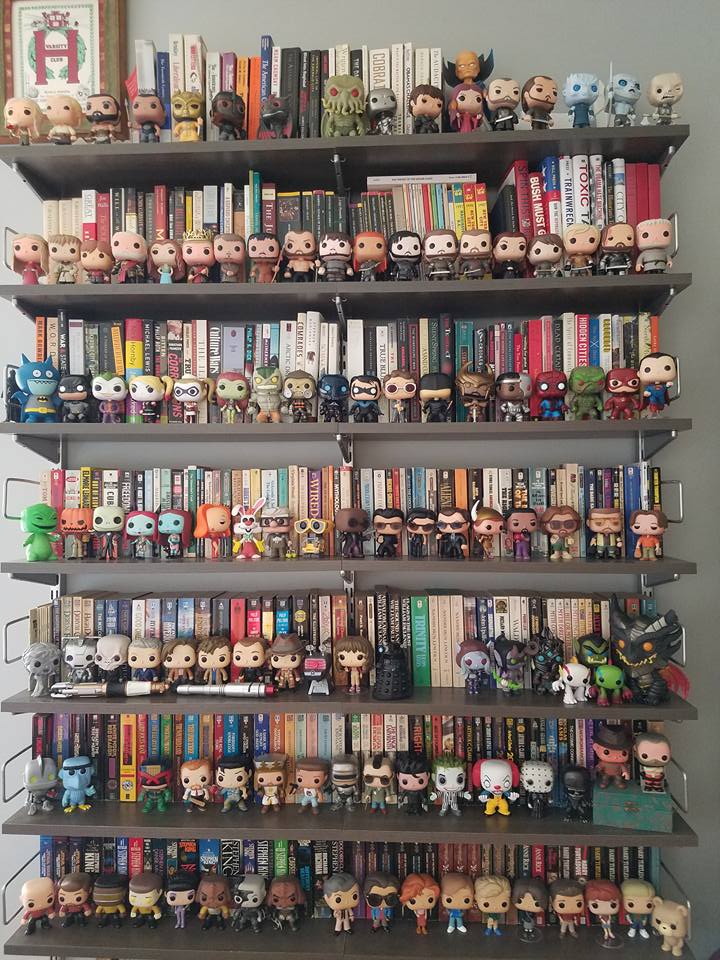
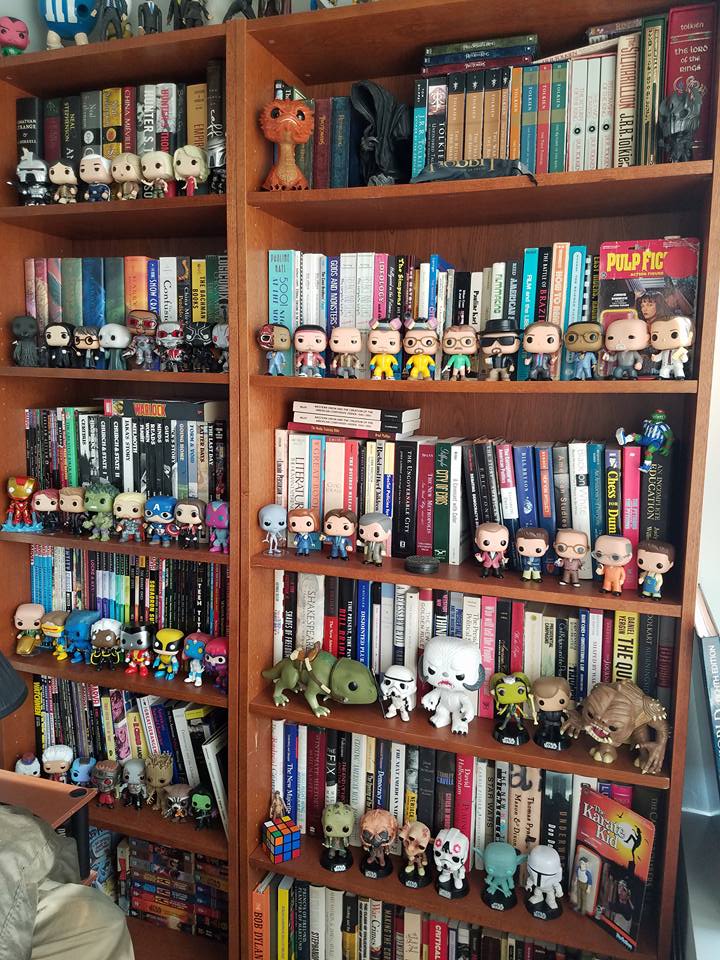

One additional boon of Funko-buying, besides it scratching that old Star Wars figure itch: It really adds structure to your mall-crawls. For decades, I’ve been like, eh, these stores are all boring. Now, I’m all “hey, this mall has a Hot Topic, a Gamestop, and an FYE. To arms!
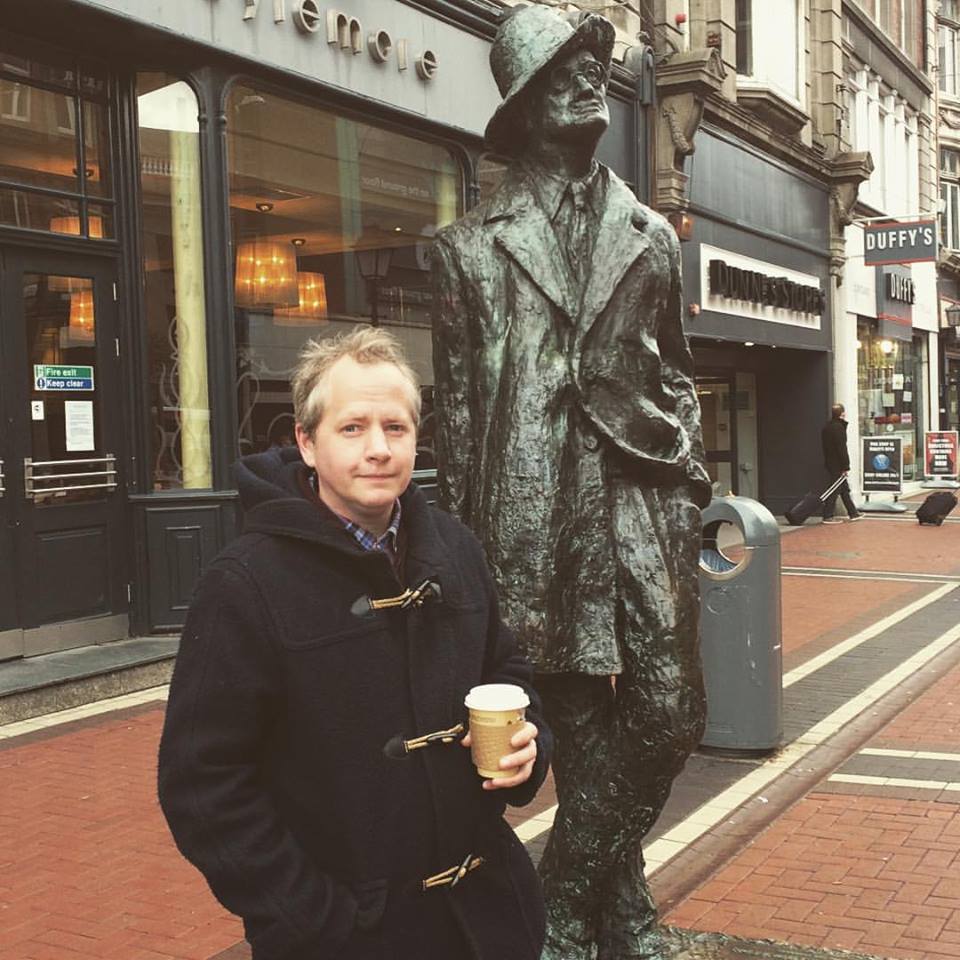
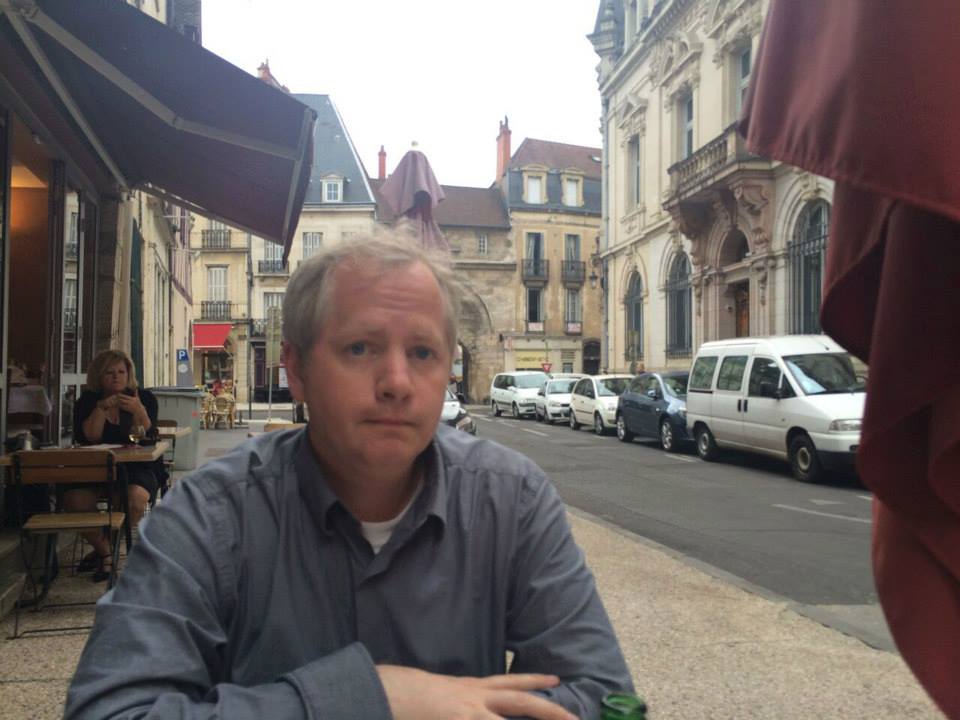
Next big trip: our honeymoon, which will include a week+ in Vietnam (probably doing Ho Chi Minh City and Da Nang/Hue/Hoi An, while leaving Hanoi and Halong Bay for a future trip) and a week+ in Japan (Tokyo, Mt. Fuji, Osaka/Kyoto, and possibly Hiroshima). If you have any travel suggestions, feel free to drop them in the comments.
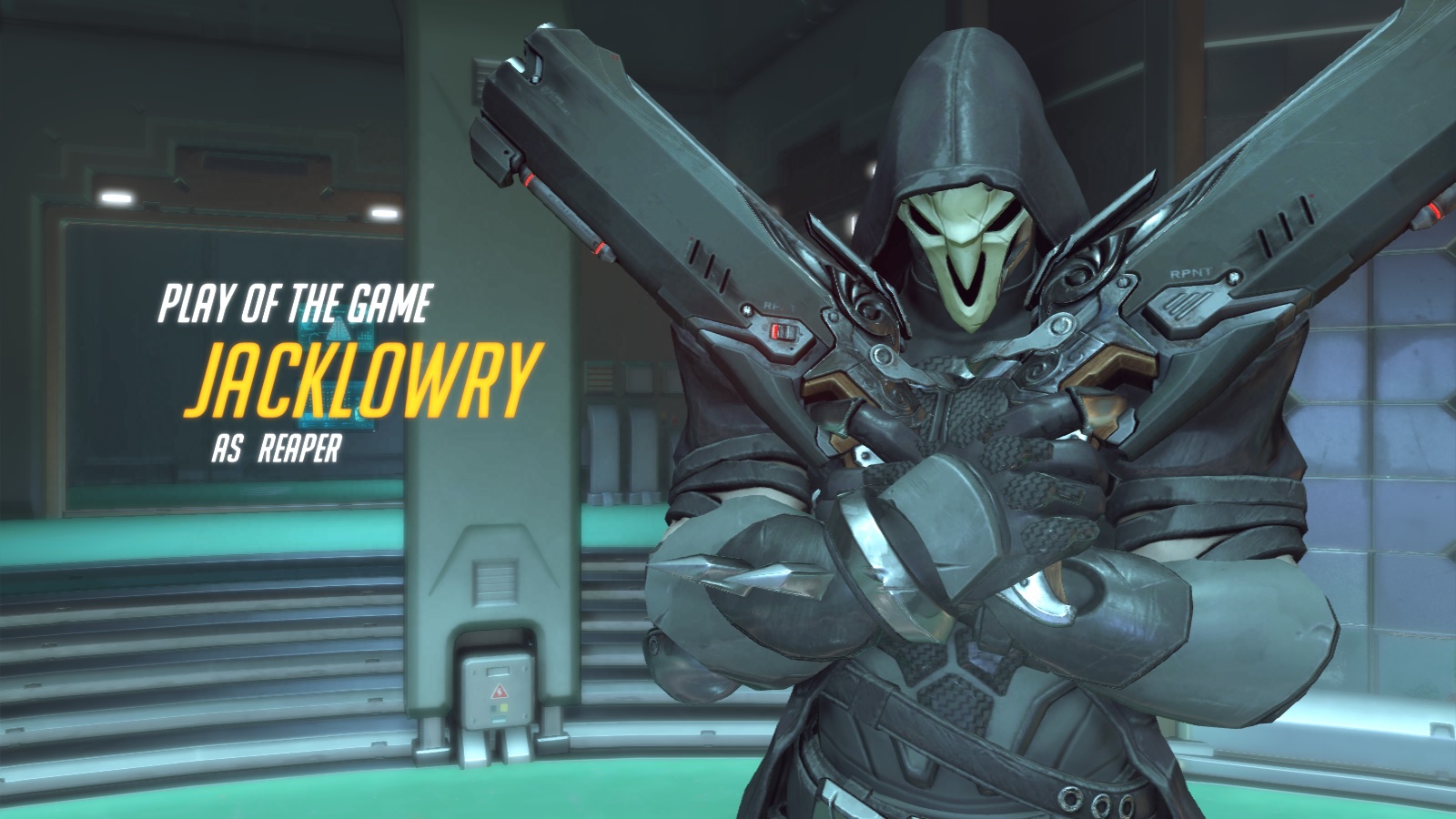
I saw Weiner, The Lobster, and The Witch over the long weekend, all worth seeing for different reasons. I’ve been picking up new shows in Mr. Robot and Preacher, while keeping up with Game of Thrones, Better Call Saul, The Flash, and the like.
Since Arkham Knight and Fallout 4 are done, and my rogue is all kitted out and waiting for Legion, most of my gaming time these days involves Hearthstone (great for the walk home) and the recently-released Overwatch, a.k.a. Blizzard’s stab at Team Fortress 2. (I mostly play Reaper, even if my name — Jacklowry — isn’t all that Reaper-ish.)
Nope, life is good. Very good. The only real issues these days are the general dismal state of politics, rampant inequality and poverty, encroaching climate change, etc., but those are issues for the rest of the blog.

In the NYT, historian Timothy Egan notes Paul Ryan’s rhetorical debt to those who helped perpetrate the Great Hunger in Ireland. “You never hear Ryan make character judgments about generations of wealthy who live off their inheritance, or farmers who get paid not to grow anything…Dependency is all one-way. ‘The whole British argument in the famine was that the poor are poor because of a character defect,’ said Christine Kinealy, a professor of Irish studies and director of Ireland’s Great Hunger Institute at Quinnipiac University. ‘It’s a dangerous, meanspirited and tired argument.'”
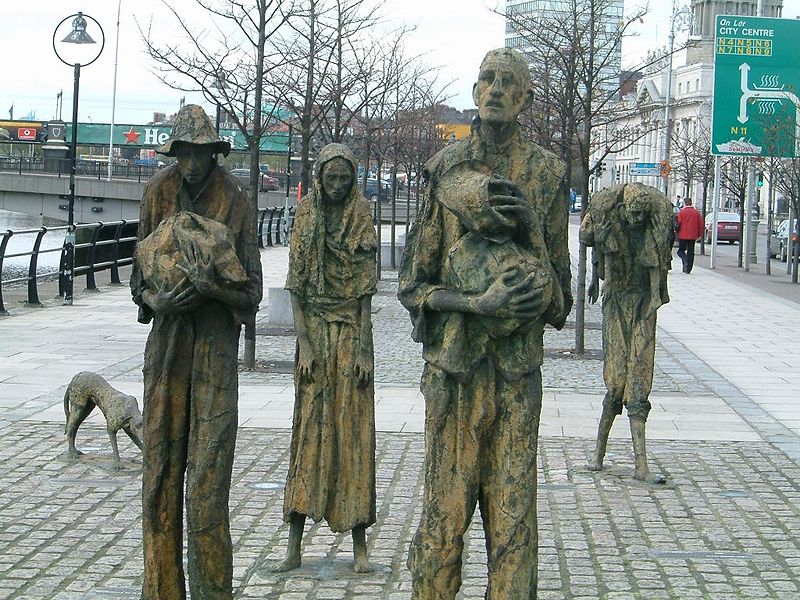
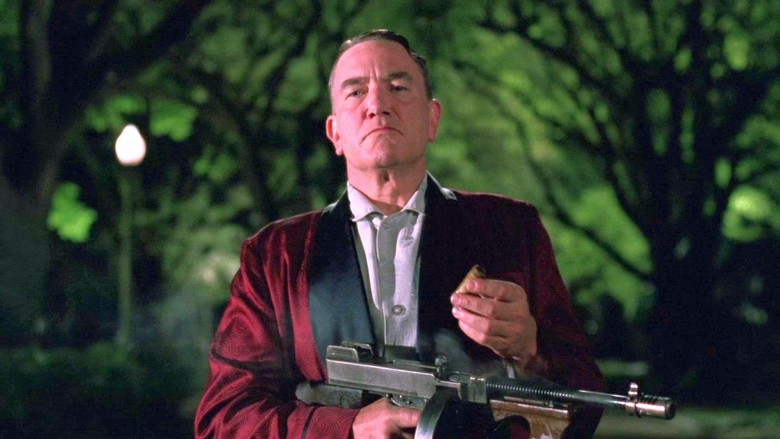
Among them, of course, Leo O’Bannon: On its 100th anniversary, BBC surveys the enduring popularity of Danny Boy. “All the flowers are dying, and they will be for a long time, but then they’ll bloom again and Danny will still be on the road. You never know, because somewhere the pipes, the pipes will be calling.”

Did the old songs taunt or cheer you? And did they still make you cry? The Pogues’ Phil Chevron, 1957-2013. “In 2007 he was diagnosed with esophageal cancer. His last appearance was at a testimonial concert in his honour in Dublin in the summer.”
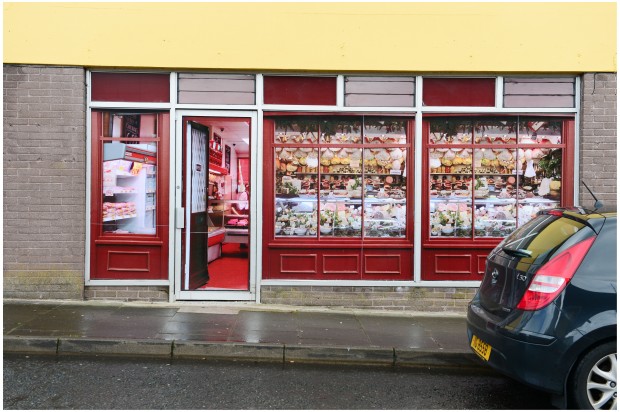
Not from The Onion: The Northern Ireland town of Enniskillen preps for the G8 summit by constructing a Potemkin village untouched by Britain’s disastrous austerity measures. “This is one big initiative really stemming from the Foreign Office in London. This is David Cameron’s gig. It’s his invitation, it’s his decision to host the G8 in County Fermanagh, which is, don’t forget, part of the United Kingdom.”
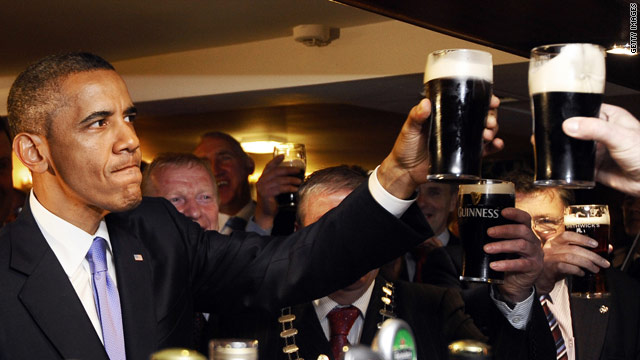
In honor of President Obama reconnecting with his Irish ancestry in Moneygall, Slate‘s Maura Kelly explains why Guinness tastes better in Eire. Hey, it tastes pretty good here too.
“‘The potential for exit in terms of emigration is huge and it’s a major part of the Irish story’…’Ireland is on the verge of losing a whole generation. People are simply not able to get a job in Ireland, not happy with the quality of life here and they are upping and leaving.“
Faced, like so many other nations, with a bank-fueled financial meltdown and a grueling austerity program to make up the slack (sound familiar?), the Irish are — well, according to Reuters at least — either leaving or taking it in stride…for now. “‘It’s a cultural characteristic of the Irish people,’ said portrait photographer Kevin Abosch as he strode down O’Connell Street. ‘Generations of pacifism have been bred into them.’“
Particularly as I was just writing up The Town, it reminds me of that line from The Departed: “If we’re not gonna make it, it’s gotta be you that gets out, cause I’m not capable. I’m f**king Irish, I’ll deal with something being wrong for the rest of my life.”

I haven’t seen any of McPherson’s previous films, although my sis and I did catch his play The Seafarer on Broadway a few years ago, about an Irishman (David Morse), his blind older brother (Joe Norton), and their friends (Conleth Hill, Sean Mahon) visited by the Devil (Ciaran Hinds) one gloomy Christmas eve in Dublin. This film — broader and better executed than that rather larky evening of theater, although also somewhat aggravatingly open-ended — carries over some of the same cast (Hinds, Norton), as well as the supernatural goings-on in the Old Country.
And like Seafarer (and, from what I’ve heard of McPherson’s other works, like The Weir), it’s a bit of a strange genre mishmash — part horror flick, part adult romance, part relationship thriller. I can’t say the movie successfully coalesces into anything more than the sum of its parts, but it has the benefit of some likable actors — not only Hinds and Norton but also Iben Hjejle of High Fidelity and Aidan Quinn — and it makes for a decently compelling character piece and Gaelic travelogue for a few hours. Its pleasures may be mostly ephemeral, sure, but I’ve sat through worse ghost stories in my day.
As the film begins, the year is 2008, and in the scenic Irish seaport of Cobh, the locals are preparing for their yearly writing festival, where authors come by to hobnob, do readings, and discuss their latest works. Among the volunteers hosting this event is one Michael Farr (Hinds) a recent widower, shop teacher, and father of two who, late one night, seems to encounter a ghostly intruder in his house. The trick is, the person he thinks he saw — his father-in-law Malachy (Norton) — is still among the living, although he’s definitely withering on the vine in a nearby rest home. Can you see the ghost of someone who isn’t even dead yet?
Before Michael can wrap his mind around this quandary, events at the festival start to consume his attention. Namely, the visit by two authors who happen to share a brief, awkward history: The popular but exceedingly abrasive American writer Nicholas Holden (Quinn), and a lovely but distracted writer of ghost stories, Lena Morelle (Hjejle). Despite his continued grieving for his lost wife — or perhaps because of it, given their mutual interest in apparitions — Michael finds himself drawn to Lena, causing much consternation for Holden, who’s nursing the volatile combination of a giant-sized ego, a drinking problem, and a broken heart. But, quite frankly, angry writers are the least of Michael’s worries — Did I mention this widower has a ghost problem? And they are not going gently into the good night.
To its credit, The Eclipse gets a lot of little things right. The burgeoning romance between Lena and Michael seems natural and unaffected. McPherson subtly underlines the themes of ghosts, memory, and loss by emphasizing empty rooms, empty chairs, and the timelessness of life in Cobh. (The staff at the hotel hosting the festival dress in nineteenth century garb, helping to convey the sense that the spirits of centuries past still inhabit these climes.) And Hinds in particular is compelling throughout, even when the story he’s a part of is not altogether believable.
All that being said, The Eclipse has some problems with tone. It’s not just the sudden lurches from haunted house malevolence to 2nd-chance-at-love-type-stuff back over to unabashed Raimi-esque horror that throw everything off, although they don’t really help that much. (They do keep you on your toes, tho’.) The other issue is Nicholas, who’s written far too broadly compared to everyone else on hand. Michael and Lena seems like real, multi-faceted , and plausible adults, while Nicholas — the best efforts of Aidan Quinn notwithstanding — is basically just an one-dimensional ambassador from the planet Douche, and the movie loses a step whenever it tries to get us to take him seriously.
I also have some quibbles with the ending of the movie, in that the initial haunting aspect is sorta just dropped without explanation. (But, then again, how can you explain ghosts anyway? Maybe this was the best way to go about it.) Still, for all its bizarre shifts in tone, The Eclipse at least has the virtue of originality in its quiver. The Sixth Sense meets Terms of Endearment meets Something Wild in coastal Ireland? I can’t say I’ve ever seen that before.
